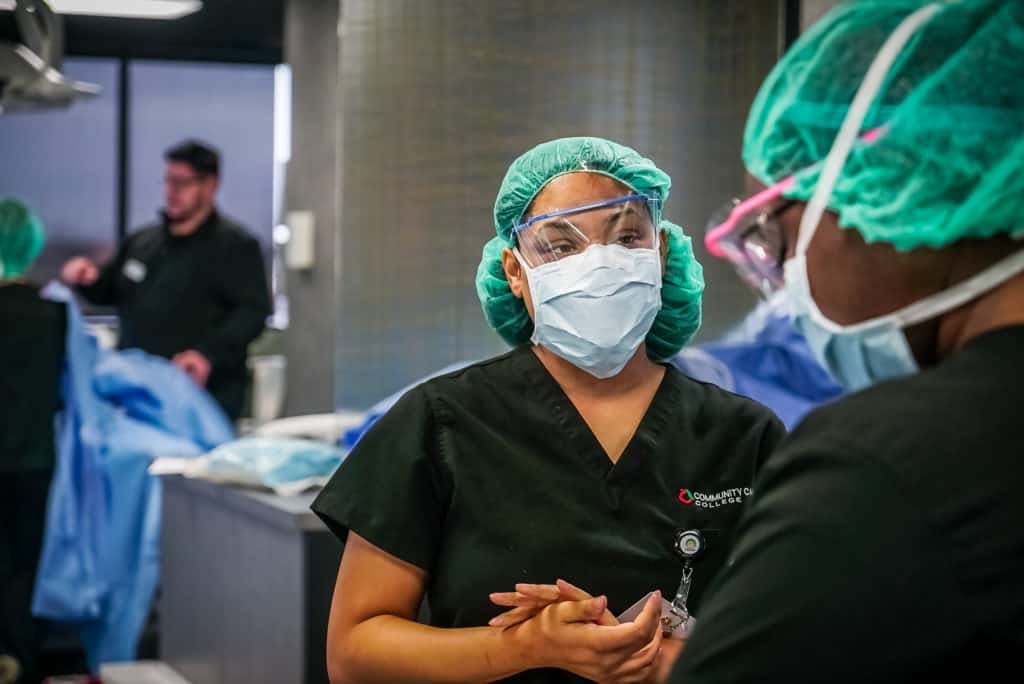Being assertive means that you express yourself effectively and stand up for your point of view, while also respecting the rights and beliefs of others. Being assertive can also help boost your self-esteem and earn other’s respect. Being assertive demonstrates that you are aware of hat needs to be done and help the surgical team where needed.
Being assertive gives you the best chance of successfully being a great extern student. It shows that you want to learn and be there as an asset to the team. If you are acting in a way that is too passive or too aggressive, you might not get the attention you want from your preceptor.
Assertive vs. Passive Behavior
If your style is passive, you may seem to be shy or overly easy going or you tend to avoid conflict. Why is this a problem? For example, standing in the OR just observing your preceptor oping sterile items on the back table and not jumping in there and help open the other items. To help, you could ask “is there anything I could do to help?” and ask questions about the procedure you are about to do.
Assertive vs. Aggressive Behavior
Now think about the opposite. If you are too aggressive, you could come across as a know it all. Since you the preceptors think your a know it all, the preceptors could have a hard time wanting to teach or allow you in their rooms.
Being assertive in externship can help you in many ways. For one, it shows that you want to be there and to learn as much as you can to be a great surgical technologist, that you want to be part of the operating room team, and care about the needs of the patient. Be assertive does not mean to be aggressive, ask first if it is a preceptor you have never worked with then after working with him or her for a while, jump in there and do what is needed without asking or being told to do it.
PJS









